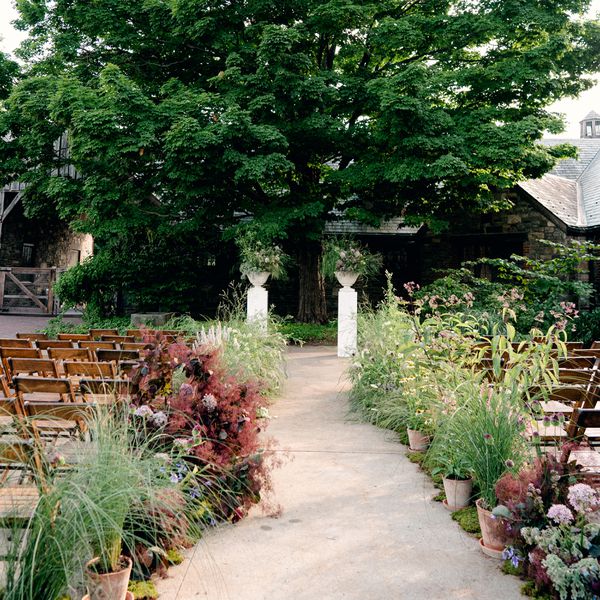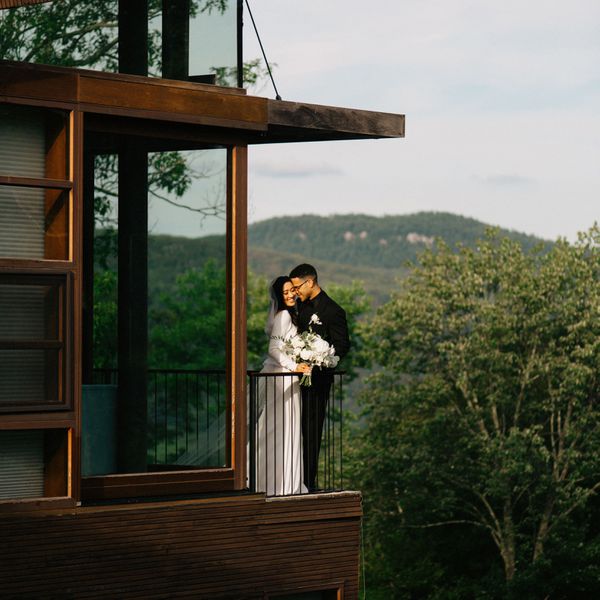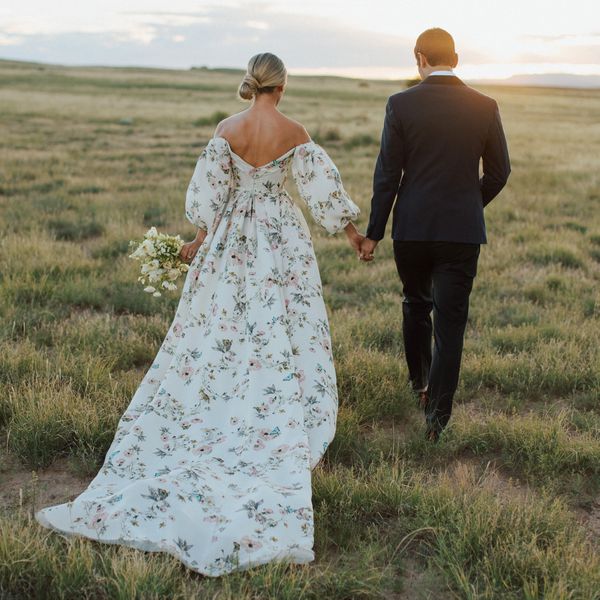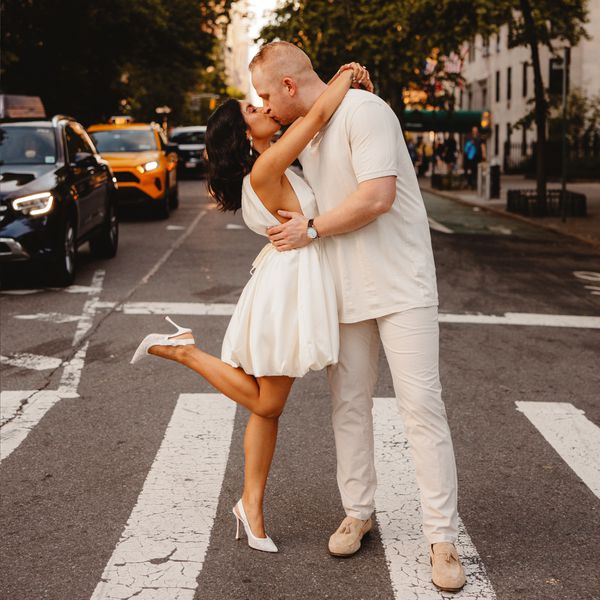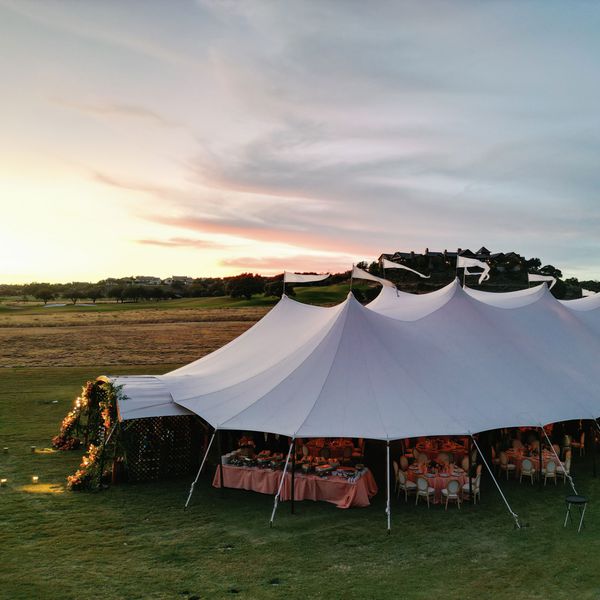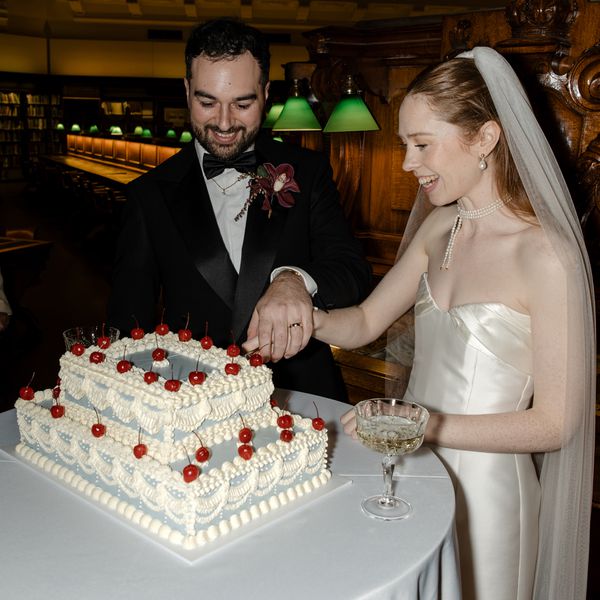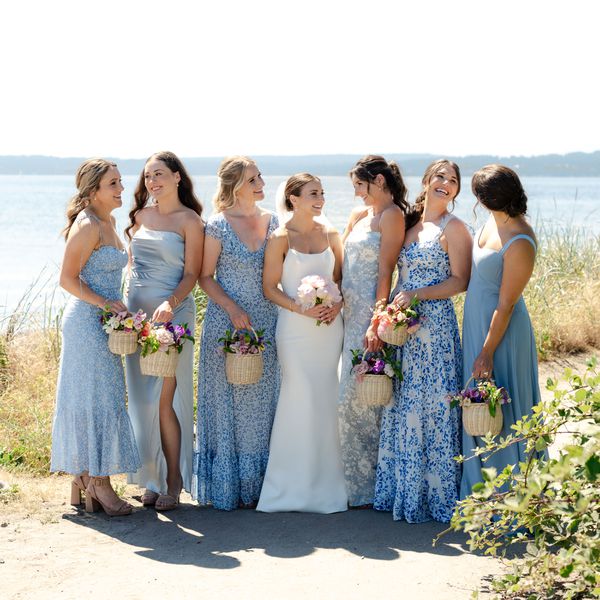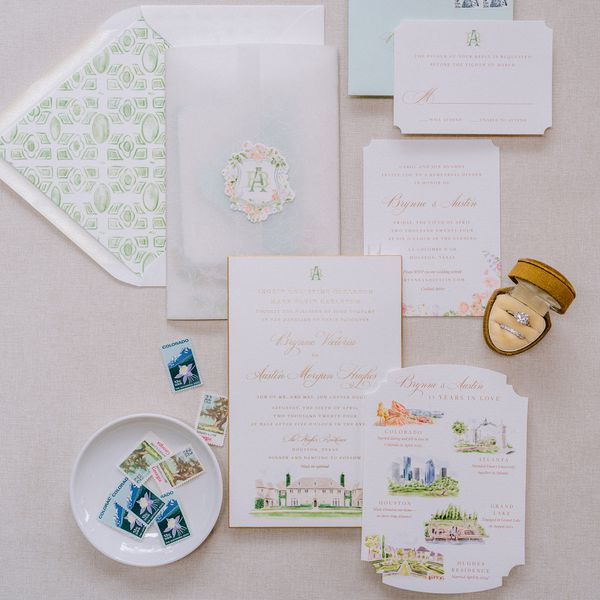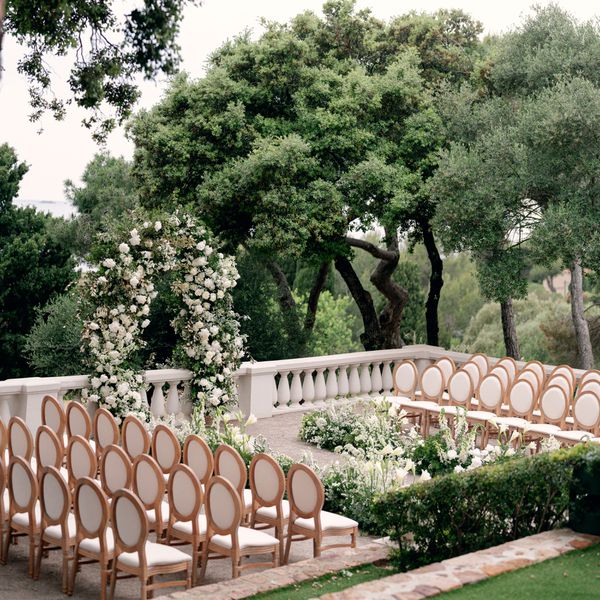:max_bytes(150000):strip_icc()/venue-red-flags-tent-getty-recirc-0224-1816d61b91c443e486614be226e8cdf8.jpg)
Getty Images / Kevin Trimmer
With the exception of finding a partner whose life seamlessly blends with yours, the hardest part of the wedding planning process is finding a venue that fits your vision. Not only can the location set the groundwork for your big day’s logistics—the date, budget, and number of guests, to name a few—but it will also inform the overall vibe of your celebration. Bohemian by the beach? Rustic farmhouse? Luxe garden party? The choice is yours—but your venue does all the heavy lifting.
Before you get swept up in a space’s potential and photogenic moments, it’s a good idea to keep an eye out for potential red flags. These factors aren’t initially dealbreakers, but they might cause more problems down the road. “The devil is in the details, so you have to be mindful of venue red flags—even they are minor ones,” explains AJ Williams, founder and creative director of AJ Events. “A [small] flag can turn into a logistical nightmare and a disappointed [couple] very quickly!”
Meet the Expert
- AJ Williams is the founder and creative director of AJ Events.
- Melanie Levin is the owner and principal planner of the Los Angeles-based firm LuckEleven Events.
- Ashley Czaplicki is the founder and owner of Aced Events.
- Hovik Harutyunyan is a Los Angeles-based wedding and event planner.
So, what venue red flags should you look out for? And, more importantly, what do you do if you spot one at your dream venue? Below, four wedding planners share how to navigate the venue search with ease—and ensure that the locale you choose has green flags only.
Poor Communication
Imagine this: You’re scrolling through wedding inspiration when you spot a gorgeous venue that ticks all of your boxes. Though it’s love at first sight, you reach out to learn more about the dreamy location and ultimately schedule a tour—but then, crickets. While you might be willing to overlook a short delay in response, little to no communication after initial outreach might be indicative of a larger issue. “If the venue event manager is quick to reply, there is a better chance that he or she will solve problems as they arise,” says Melanie Levin, the owner and principal planner of a Los Angeles-based firm called LuckEleven Events. “Those that are slow to respond either do not prioritize their customers and may be an issue if there are last-minute concerns.”
Of course, less-than-perfect communication doesn’t have to be a dealbreaker. If you’re noticing a slow response time—but love the venue—schedule a call with the on-site coordinator to feel them out or manage expectations.
Bad Reviews
A couple’s wedding should be one of the best days of their live—and the venue they ultimately choose to host their nuptials works hard to make that magic happen. Since there's a lot of time and money at stake, it's always upsetting to hear when a venue's team drops the ball, something that is often communicated via online reviews. Though one negative review might be an anomaly, a handful of disappointed customers should be a big red flag. “Sales venue reps will make it sound like a dream—that’s their job,” says Ashley Czaplicki, founder and owner of Aced Events. “Do your research and hear from honest couples.” With that said, reviews can only be taken with a grain of salt, so it’s important to check out the experience for yourself.
“If [a venue’s team is] rude, unpleasant, or disagreeable, make sure you take note of that,” adds Los Angeles-based planner Hovik Harutyunyan. “You can't always trust online reviews, especially if your direct experience is contrary to how they act or treat you. During tours and booking is when they should be the nicest, so the experience will only get worse if it starts off on a bad note.”
Limited Setup Time
From laying down the dance floor to hanging up signage to getting that floral arch just right, setting up a venue for your personalized big day takes time. When you’re selecting a venue, be sure to ask the coordinator how much prep time your vendors will have. After all, nobody wants to scramble to create a dreamy backdrop. “If it’s a two-hour window, run,” Czaplicki says. “You want a venue that gives your vendors ample time to set up. There is nothing worse for your vendor team, execution and design-wise, if they are rushed. It reflects poorly on the entire team and that’s when mistakes happen!”
According to Levin, it’s also important to consider when the wedding party can access the property. “One red flag to look out for is what time the [bridal] suite is available,” she adds. “Hair and makeup for the whole bridal party often takes hours and begins early in the morning. The last thing brides will want to do is gather everyone halfway through the hair and makeup process and move to a new location.”
No Backup Plan
A venue without a rain plan? That's a major red flag. Rain on a wedding day might be considered a good omen for a long, happy marriage, but it’s a logistical nightmare in the moment. If you’re browsing primarily outdoor venues, be sure to ask the venue about alternative setups. They should have lots to tell you—and if they don't, the venue isn't worth the stress. “Venues without a backup plan are definitely red flags,” Levin shares. “Whether it is inclement weather or a natural disaster, venues need to have a backup plan in place better than ‘you're on your own.”
As for what green flags look like in this category? Tent partners, secondary reception spaces, and refund clauses in the contract are all signs of a great venue, says Levin.
How to Handle a Venue Red Flag
It’s no secret that spotting a red flag during a venue tour is frustrating—especially when the location is otherwise perfect. However, Williams says that a red flag doesn’t necessarily have to be a dealbreaker. In fact, it can actually offer some room for negotiation. “It can give you the power to negotiate with your venue for things like a free room night, a room upgrade, or valet parking, for example,” she says. “Many venues will be willing to work with you if you communicate early!”
If you’re trying to tell the difference between a red flag and dealbreaker, think about your non-negotiables. For example, Williams says that a venue with minimal parking may be a red flag for some, but not a dealbreaker for couples who will be providing transportation. True red flags are venue policies that throw a wrench in your vision and timeline—so if you see those, you might want to consider. “I [recently] had to move the location of a couple's reception as the venue did not allow for ample time for set up,” Williams shares. “We could have made it work, but after our site visit, we came up with a better plan that the couple loved even more.”
To prevent dealing with venue red flags, Williams encourages couples to discuss their event plans in detail and be upfront with the venue at the start so all parties are on the same page. That way, you can choose the venue that's best for you—and then focus on planning a truly special day.
